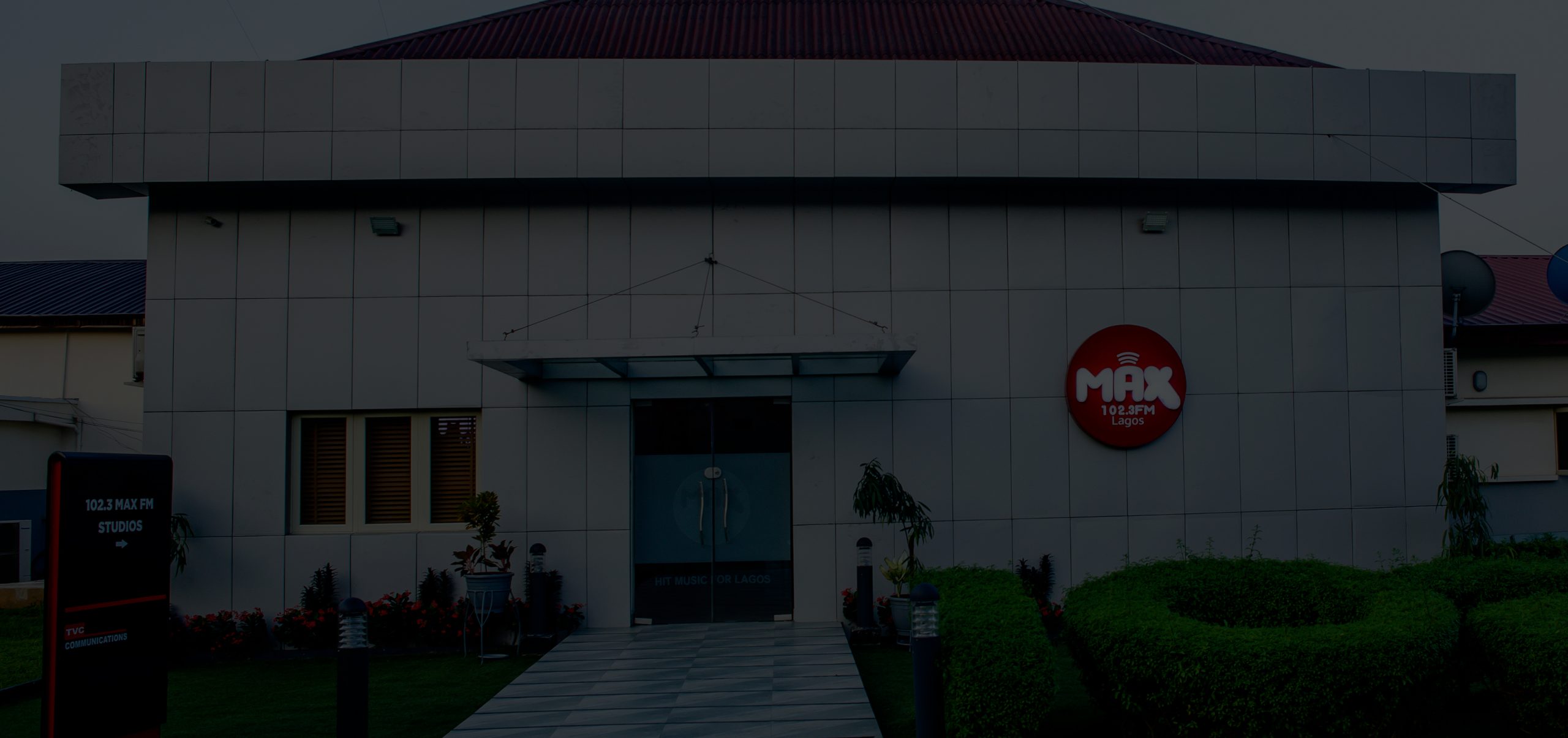Dr. Ngozi Okonjo-Iweala shares insights on boosting the Nigerian Music Industry
Written by maxfmeditor3 on May 16, 2023

Ngozi Okonjo-Iweala
Ngozi Okonjo-Iweala advises on ways to boost Nigerian music industry
Renowned economist and Director General of the World Trade Organisation, Dr. Ngozi Okonjo-Iweala, recently shared valuable insights on how to enhance and strengthen the Nigerian music industry. Speaking at the Governors Forum in the State House Abuja, she emphasized the significant impact of entertainment on Nigeria’s global influence and economic growth.
Entertainment serves as Nigeria’s foremost cultural export, allowing the country to wield international soft power and contribute to its economic prosperity. Dr. Okonjo-Iweala drew attention to the state of California as an example of an economy that has thrived by focusing on services and entertainment.
During her address, Dr. Okonjo-Iweala recounted a personal experience in the Caribbean, where she was thrilled to hear people in Saint Lucia enjoying Nigerian music. She highlighted the exponential growth of Nollywood, Nigeria’s film industry, which, according to an Afreximbank report, was valued at $6.4 billion in 2021 and continues to expand at a rate of 10% per year.
However, Dr. Okonjo-Iweala acknowledged that piracy remains a major challenge hindering the progress of the entertainment sector in Nigeria. To combat this issue, she emphasized the importance of streaming services and their potential to address piracy concerns effectively.
Streaming platforms such as Apple Music, Spotify, Audiomack, and Boomplay have emerged as significant players in the music industry, providing legal and profitable avenues for music consumption. These platforms offer a wide range of benefits, including broader reach, affordability, and revenue generation for artists and content creators. Additionally, some streaming services offer ad-supported streaming, allowing listeners to enjoy music for free while still supporting the industry through advertisements.
revolutionized the music industry in Nigeria, offering a viable alternative to illegal downloads and unauthorized distribution. These platforms provide artists with opportunities for global exposure and allow them to monetize their creativity effectively.
Furthermore, video streaming platforms such as YouTube, Netflix, Showmax, and Amazon Prime have played a pivotal role in curbing piracy while also investing in the production of movies and series. These platforms not only contribute to revenue generation but also provide a legitimate means for viewers to access high-quality content. By partnering with these streaming giants, Nigerian filmmakers and content creators can reach a broader audience, both domestically and internationally, and showcase the rich diversity of Nigerian stories and talent.
Dr. Okonjo-Iweala emphasized the need for collaboration between the government, private sector, and stakeholders within the entertainment industry to address the challenges of piracy effectively. A comprehensive strategy should be devised to ensure that artists’ intellectual property rights are protected, and piracy is actively discouraged. This strategy can involve stricter enforcement of copyright laws, the establishment of anti-piracy units, and educational campaigns to raise awareness among consumers about the negative impacts of piracy.
In addition to combatting piracy, Dr. Okonjo-Iweala stressed the importance of fostering an enabling environment for the music industry to thrive. This includes improving infrastructure, such as reliable electricity and internet connectivity, to support digital distribution platforms effectively. Furthermore, access to affordable and quality recording studios, production equipment, and training programs can empower emerging artists and nurture their talent.
Another critical aspect highlighted by Dr. Okonjo-Iweala is the need for effective copyright management and collective rights organizations. These organizations play a vital role in ensuring that artists receive fair compensation for their work. By advocating for the rights of artists, collecting royalties, and negotiating licensing agreements, collective rights organizations can contribute to the sustainability of the music industry.
Moreover, Dr. Okonjo-Iweala emphasized the potential for collaborations and partnerships between Nigerian artists and international musicians, producers, and labels. Collaborations provide a platform for cultural exchange, expose Nigerian artists to new audiences, and create opportunities for revenue generation. By fostering a culture of collaboration, the Nigerian music industry can continue to evolve and expand its global footprint.
Dr. Okonjo-Iweala also highlighted the importance of investing in music education and talent development. By supporting music schools, workshops, and mentorship programs, aspiring musicians can receive the necessary training and guidance to enhance their skills. Additionally, initiatives that promote entrepreneurship and business acumen within the music industry can empower artists to navigate the complexities of the entertainment business effectively.
In conclusion, Dr. Ngozi Okonjo-Iweala’s insights provide a roadmap for boosting the Nigerian music industry and unlocking its full potential. Through the effective utilization of streaming services, piracy can be curtailed, and artists can benefit from increased reach and revenue opportunities. Collaboration between the government, private sector, and industry stakeholders is crucial in implementing robust anti-piracy measures and creating an enabling environment for the music industry to thrive. Investments in infrastructure, copyright management, talent development, and international collaborations will further propel the Nigerian music industry onto the global stage. With these strategic steps, Nigeria’s rich musical heritage can continue to captivate audiences worldwide while contributing significantly to economic growth and cultural diplomacy.











